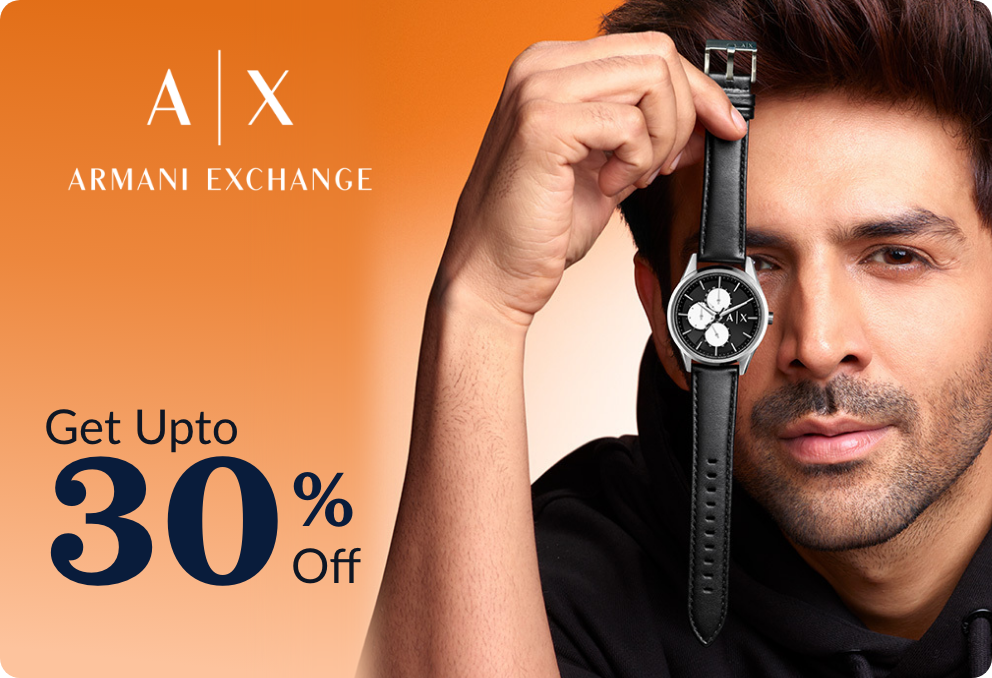Defining Precision in Timekeeping
In the world of horology, the term "chronometer" signifies a timepiece of exceptional accuracy. A chronometer is not simply a watch—it is a high-precision instrument that has passed rigorous testing to ensure it meets strict standards of timekeeping performance. The term was first coined in 1714 by Jeremy Thacker, but it was John Harrison who brought it to prominence with his invention of the marine chronometer, a device that revolutionized navigation by allowing sailors to accurately measure longitude at sea.
Certification and Testing
Today, a chronometer is typically certified by the Contrôle Officiel Suisse des Chronomètres (COSC), the Swiss official body that conducts testing for precision. Watches bearing the "chronometer" designation undergo a series of tests, including assessments of accuracy over multiple days, in different positions, and under varying temperature conditions. A movement must demonstrate accuracy within -4/+6 seconds per day to receive the COSC certification. This level of precision ensures that the watch can maintain reliable timekeeping, even in the most demanding environments.
At Just In Time, we offer chronometers that uphold this prestigious tradition, with movements designed for optimal performance. These timepieces are a testament to the fine engineering and meticulous craftsmanship that defines the horological craft, embodying not only accurate timekeeping but also a legacy of innovation.









